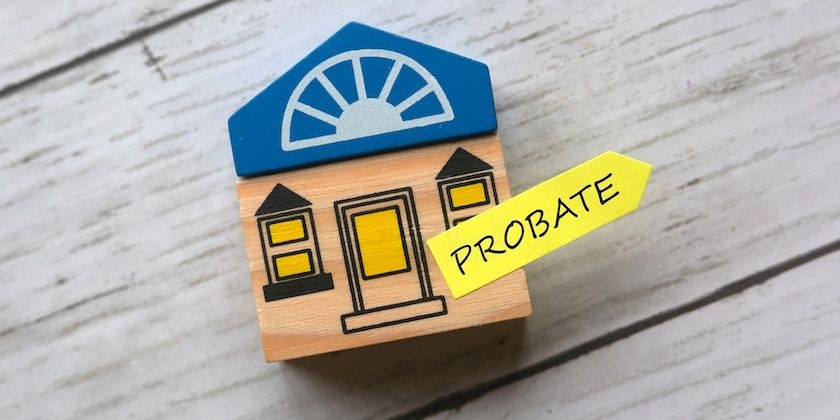Why You Should Have A Living Will

What is Probate?
Probate is the legal process your estate goes through after you pass away. In probate, a court will decide how to distribute an estate after paying off any outstanding debts.
Without a Will
Without a Will, the court will follow state intestacy laws to distribute the assets of the estate. Each state has its own laws to determine who inherits property when someone dies without a Will.
With a Will:
If the deceased person has a Will, the court will first authenticate the Will to make sure it is valid and will then appoint a personal representative or Executor (typically the person named as the personal representative/Executor in the Will) to administer the estate’s assets.
What goes through Probate?
- Assets and property that are only in the name of the deceased
- Bank or financial accounts if there are no “transfer on death” beneficiaries
- Stock and retirement accounts in your name only
- Real estate property titled in your name only
- Cars, boats, or RVs titled in your name only
- Non-titled assets (property, vehicles, boats without paperwork)
What doesn’t go through Probate?
- Bank accounts with transfer-on-death beneficiaries
- IRA, retirement, and investment accounts with transfer-on-death beneficiaries
- Real estate owned jointly (with survivor’s rights)
- Life insurance policies with named beneficiaries
- Lifetime gifts and distributions
- Any property held in a revocable or living trust
How long does Probate take?
Probating a simple estate with no or very few issues can take from nine to twelve months. If someone contests the Will or it’s a larger estate, it can take two or more years. This is why it is so important to create your Will!
How to avoid Probate?
There are several ways you can help avoid probate.
You can title real estate with a joint owner. That way when an estate is being distributed there is a clear allocation for real estate property.
Establish a revocable or living trust. This can keep assets from falling into probate and allows assets to be distributed immediately following death.
Beneficiary designation is also key to easy distribution of assets. Name beneficiaries on all your bank, retirement, investment, and insurance accounts. Be sure to keep in mind that designation doesn’t change after death. It’s important to keep up with designation and update it following major life events such as the birth of a child, the death of beneficiary, or a divorce. In most cases the account(s) in question will ask for designation when you set hem up, it’s just up to you to keep the information up-to-date.
Give away property to family, friends, or charities during your lifetime
How to speed up Probate?
- Make a Will
- Use a “self-proving” affidavit so the Will is already authenticated
- Reduce your probate estate – the smaller your estate, the more likely you will fall into a simplified probate procedure
Don’t do it alone
Estate planning is never fun, but doing so now will save your family time and money in the long run. With proper planning and foresight, you can streamline or avoid the Probate process. Let Orbit Wills review your estate with you to find vulnerabilities and start a comprehensive estate plan.
Published 04/30/2021.

